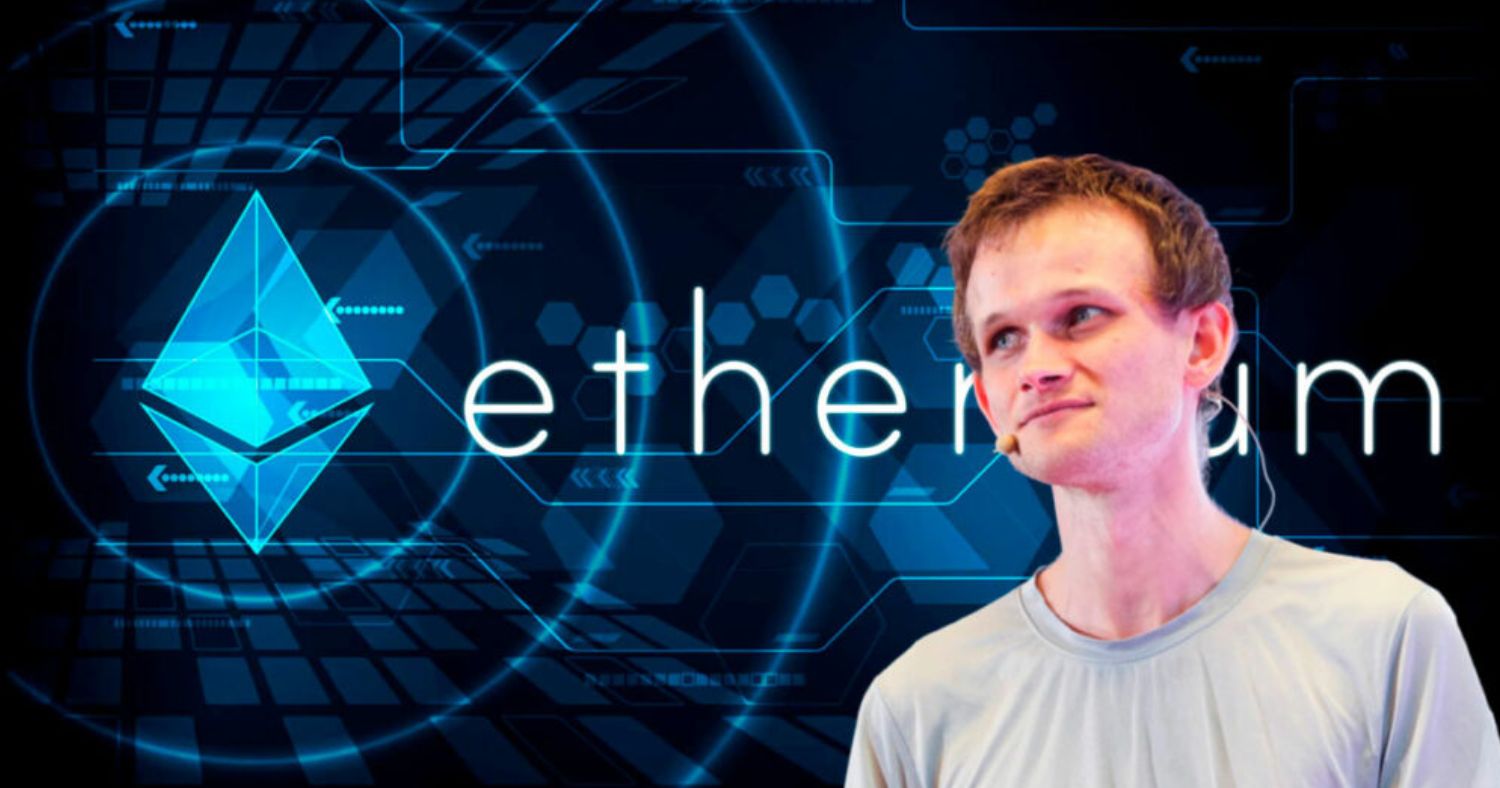In a digital age already grappling with the addictive nature of “doomscrolling,” Ethereum co-founder Vitalik Buterin has articulated a forward-looking vision for the next profound technological shift: Artificial Intelligence. His prediction paints a future with a stark intellectual bifurcation, where AI acts as both a powerful catalyst for genius and a potential vortex of distraction.
The AI-Powered Renaissance Teen
Responding to a discussion on the phenomenon of endlessly consuming negative online content, Buterin pivoted to what he sees as its technological successor: constant interaction with AI chatbots. He posited a highly optimistic scenario where AI could be instrumental in shaping “some of the smartest people of the next generation.”
there are good things to doomscroll and bad things to doomscroll
— vitalik.eth (@VitalikButerin) August 23, 2025
I predict some of the smartest people of the next generation will be people who spend their teenagehood curiously asking the bot all kinds of questions about science, the world, etc for hours a day
(And this will…
According to Buterin, this intellectual flourishing would occur if young individuals “spend their teenagehood curiously asking the bot all kinds of questions about science, the world, etc for hours a day.” In this view, AI transcends being a simple tool and becomes a personalized, infinitely patient Socratic tutor, democratizing access to knowledge on an unprecedented scale.
The Digital Abyss of Triviality
However, Buterin presented a darker, parallel outcome. For every curious mind using AI to explore the universe, he warns of countless others who will “waste their lives talking to AI all day about much less meaningful things.”
This perspective suggests an evolution of today’s digital distractions, moving from passively scrolling feeds to actively engaging with AI in circular, non-productive conversations. The risk is an amplification of wasted potential, where the same technology that could forge brilliance also enables a new, more immersive form of intellectual idleness.
A Wider Intellectual Consensus?
Buterin’s dualistic outlook finds resonance with other prominent thinkers. Nassim Taleb, the renowned author of “The Black Swan,” recently commented on AI’s role, particularly in specialized fields like medicine. While Taleb expressed skepticism about AI replacing doctors outright, he highlighted its immense potential to disrupt medical education.
He argued that AI could empower autodidacts, or self-learners, to educate themselves far more efficiently than through traditional means. This echoes Buterin’s core idea: AI’s primary impact might not be automation, but rather its ability to augment and accelerate self-directed human learning. The emerging consensus suggests that AI’s greatest challenge to society may not be in how it thinks, but in how it shapes the way we think.
You might be interested in:





